I haven’t had a drop of alcohol in over 10 years and my confession is this: I don’t miss it one bit. In fact, I gleefully relish in the fact that I no longer wish to consume alcohol.
• I don’t miss hangovers, even slight ones.
• I don’t miss the financial expense.
• I don’t miss the added empty calories.
• I don’t miss the purple teeth (hello merlot).
• I don’t miss compromising my safety or that of others.

While I was never a heavy drinker beyond my college and immediate post-college days, I was a regular drinker. Two drinks a night on Friday and Saturday nights were standard for me. Again, by societal standards, I was not heavy drinking whatsoever.
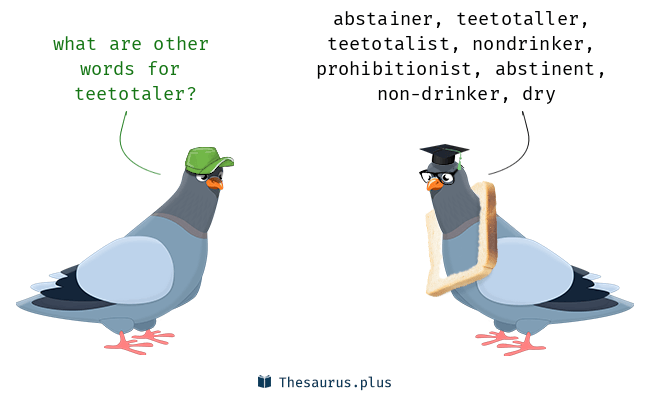
I never set out to become a non-drinker or teetotaller (which is such a goofy and unattractive word, don’t you think?) It was never a goal that I articulated to myself. When I began my studies to earn a Bachelor of Science degree in Holistic Health and Healing, I learned about toxemia from Dr. Herbert M. Shelton, John H. Tilden, MD, and other pioneers of the Natural Hygiene movement.
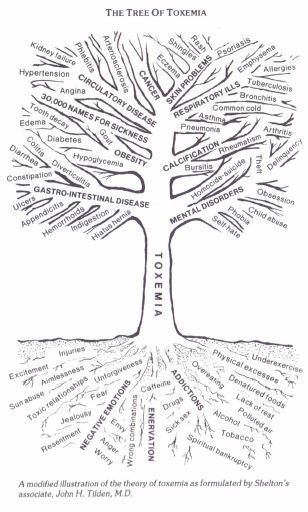
Toxemia is defined as an abnormal condition associated with the presence of toxic substances in the blood. It refers specifically to the saturation of the bloodstream with toxic waste, caused by insufficient nerve energy (aka life force) to perform basic tasks of elimination at the cellular level. When nerve energy is low, elimination of toxic waste is impeded and then the body must operate under a toxic handicap. Poisons saturate first the bloodstream and bodily fluids, and then the cells, tissues, organs, and systems.
Low nerve energy (enervation) is the result of toxic saturation of the bloodstream and tissues at the cellular level. Can you see how alcohol intake leads to low nerve energy which then impedes the body of eliminating the toxic alcohol? It’s a downward spiral starting with drink #1.
It eventually occurred to me that even the healthiest diet – which for me is a whole food, plant-based diet – is compromised by the inclusion of alcohol. As I transformed over the years to become a practitioner of wholesome veganism, I effortlessly let go of alcohol because it no longer made sense and no longer appealed because it no longer fit in with or matched the quality of my solid food choices.
Alcohol is basically fermented sugar from fruit (grapes for wine), grains (barley for beer), or vegetables (potatoes for vodka). While these are all plants and vegan, they are not whole foods. I would much rather eat a bunch of grapes, a bowl of barley, or some baked potatoes. (Note: Wine, beer, and liquor may not be vegan based on added ingredients like honey and lactose or filtering processes that use animal products like fish bladders and gelatin. Barnivore maintains a database HERE.)
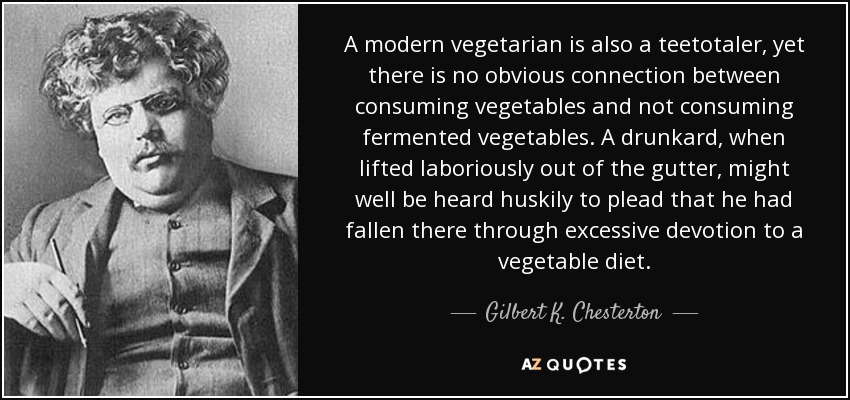
But what about the health benefits of red wine?
A person who may not meet her daily fruit and vegetable intake recommendations – that would be 9 in 10 Americans – might benefit from some liquified fermented grapes. However if you’re the 1 in 10 Americans eating ample daily produce, your overall diet won’t be improved by adding toxic alcohol.
If you wish to drink alcohol, I recommend that you treat it as junk food. With a healthful diet comprised of all or mostly plants, you can probably afford to junk out now and then without long-term repercussions. However if your diet is not healthful and alcohol counts as one of your fruit or vegetable intakes, alcohol will probably worsen your state of health.
The body tends to store unprocessed toxic waste in joints, arteries, fatty tissues, tumors, polyps, and cysts. The best way to increase the odds of clearing up these detrimental issues is to eliminate alcohol intake, whereby increasing your body’s nerve energy and ability to eliminate toxins, and consume a whole food, plant-based diet. An enerved body can not cleanse or heal itself sufficiently.
“High risk drinking is considered to be more than one drink daily for women (or 7 drinks weekly) and more than two drinks daily for men (or 14 drinks weekly). If, for whatever reason, someone is getting anywhere close to those levels of consumption, I strongly suggest they rethink their alcohol consumption.” Thomas Campbell, MD One drink is the equivalent of 5 fluid ounces of wine, 12 fluid ounces of beer or 1.5 fluid ounces of 80 proof liquor.
Annie Grace, author of This Naked Mind, has a helpful podcast to motivate and support your development of a new relationship with alcohol. The One Year No Beer campaign has supported many people in weaning off alcohol. You don’t have to be addicted to alcohol or qualify for a 12-step program to get sober.
If you wish to go deep on the spiritual cost of alcohol consumption, I have written about it at length in Chapter 6 of The Vegan Key™ which is available at no cost to you HERE.
If you’re looking to take better care of your health, improve your health, protect your health, stop numbing or escaping, and empower your place and voice in this world, I encourage you to dismantle any social, emotional, or physical dependency you have on alcohol. Remember, nothing tastes better than feeling great, and nothing feels better than clarity, vitality, self-control, and hope.
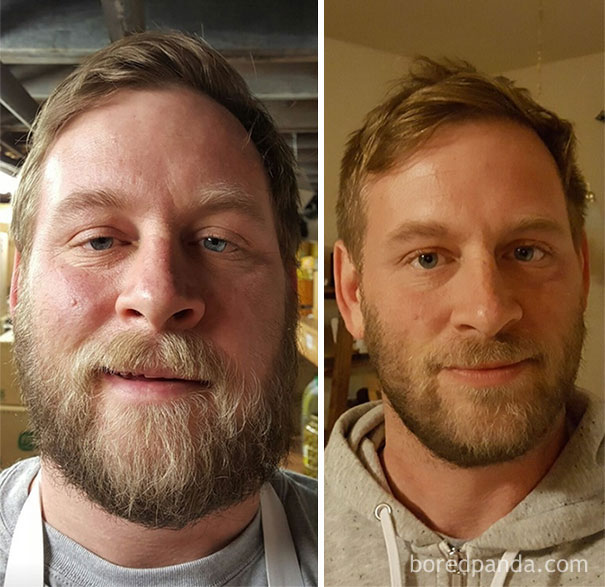
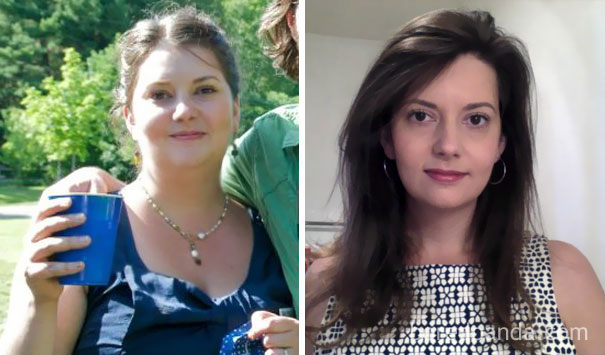
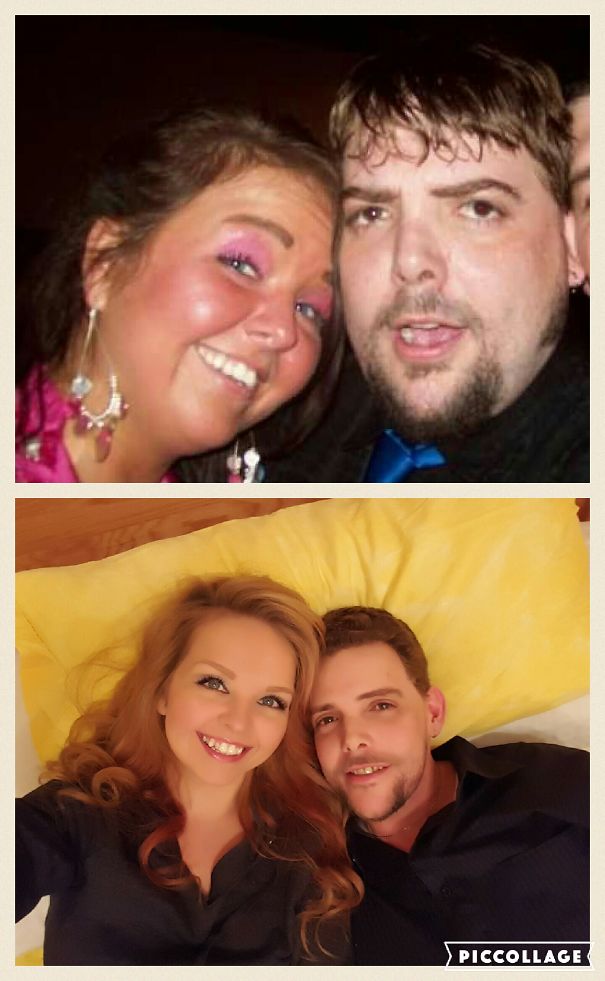
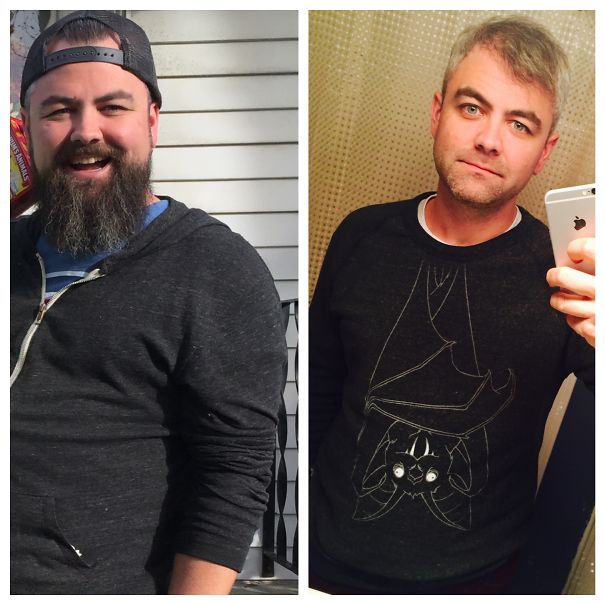

{ 6 comments… read them below or add one }
Carla, What a great write up about eliminating alcohol.
Gordon
PS my PCP Dr. Patric Jordan calls it Poison.
I agree with Dr. Jordan!
Hi, Carla, having just yesterday completed another 5-day round of the Prolon Fasting Mimicking Diet, I’m considering the appeal of continuing with sobriety and then I saw your post! Thanks for this, you’ve given me the added boost I needed to make this happen. I feel SO good right now, and agree with you: adding alcohol is likely the biggest factor in clouding the clarity and well-being a clean, healthy diet delivers.
Great going Ramita! Keep up your health improving & preserving habits!
Hi Carla, I stopped eating white bread, white rice and pasta in January 2017. I lost 40 pounds in about 8 months (188 down to 148) and have been at about 150 lbs since. During that time, I never considered giving up alcohol until one evening – after all that weight loss – I had a bit too much and embarrassed myself. That happened on 2/2/19 and I’ve not had a drink since. Once in a while I’ll take a sip of a good red wine…. really to reinforce that decision. I say this because I find that all I can taste is the alcohol/ethanol and it tastes terrible! In fact, it reminds me of the very first time I drank alcohol as a teenager….nasty. About 8 weeks ago, I stopped eating meat/poultry/dairy/eggs. My recent labs showed that Total and LDL cholesterol’s came down 15% and 22%!! I’m now locked into a WFPB non-alcohol lifestyle. Your article was very well written, very true and very supportive.
Hi Mike, thank you so much for taking the time to read and comment. I’m so happy to hear your story and to know that a wholesome vegan diet without alcohol is working well for others too. Keep up your commitment to your goals and ideals! Enjoy all the great benefits and positive consequences. Kudos!
{ 1 trackback }